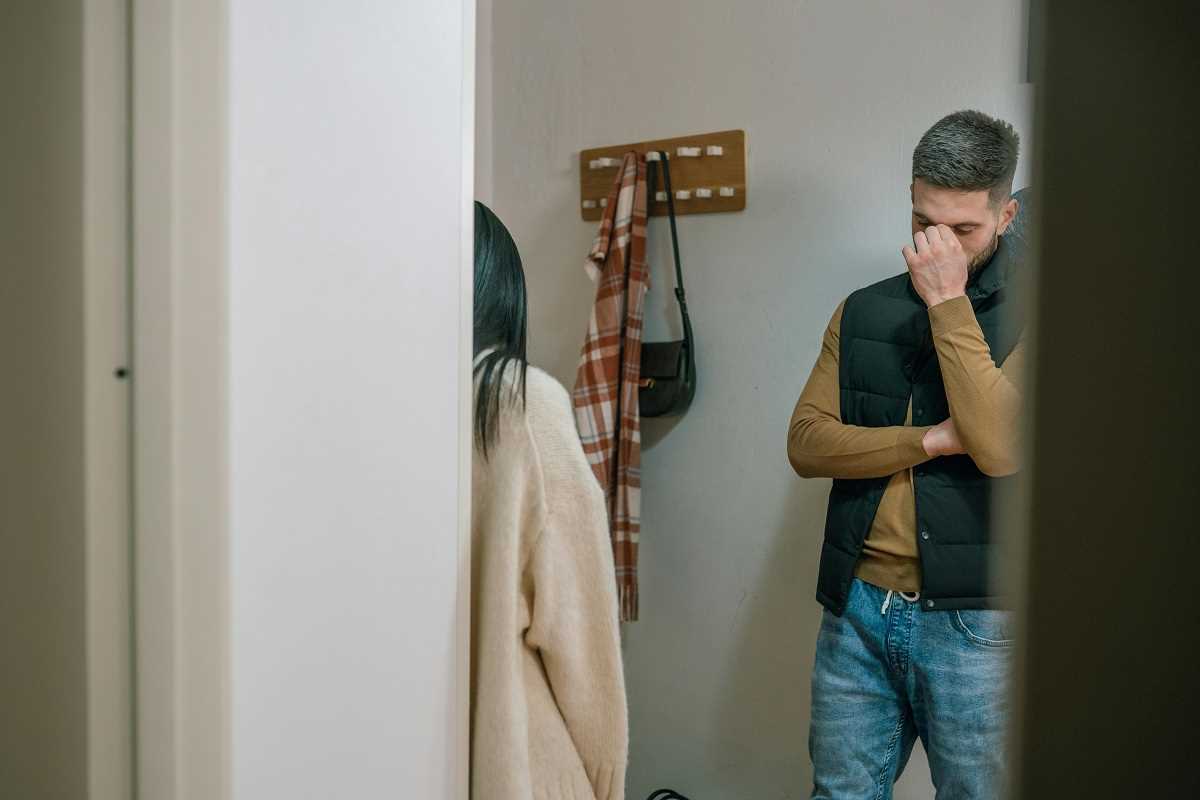Relationships are full of choices, and not all of them are easy. From debating where to order takeout to deciding how to approach your long-term goals together, compromises are part of the deal. But then there’s that nagging question that can pop up in trickier relationship moments: “Am I compromising, or am I settling?” While the two can look similar from the outside, they’re worlds apart when it comes to how they impact your happiness and sense of self. Learning to spot the difference is key to building a relationship that feels fulfilling rather than forced.
What Does Settling Look Like?
Settling often starts subtly. It’s when you ignore your deeper needs or values for the sake of keeping peace or maintaining the status quo. On the surface, settling might feel like making a practical decision, but under the surface, it often feels like you’re shrinking a part of yourself to fit the relationship.
Settling isn’t about compromising on minor things, like agreeing to watch their favorite TV show or picking a vacation destination you’re lukewarm about. It’s about twisting yourself into someone you’re not or accepting a situation that doesn’t meet your core needs. For example, staying in a relationship with someone who can’t meet your emotional intimacy needs because you’re scared of being single is settling. Over time, the cracks from settling can grow, leaving you feeling unfulfilled and disconnected from what you truly want.
The Heart of Compromise
Compromise, on the other hand, is about negotiation and balance. It’s a way for you and your partner to meet halfway while still respecting each other’s needs and individuality. When you compromise, you’re not letting go of your values or settling for less than you deserve; you’re adjusting for the sake of mutual growth and harmony.
Take, for instance, differences in hobbies. Maybe you love hiking, but your partner prefers weekends at home. Instead of feeling like you have to give up your outdoor adventures completely, a healthy compromise might look like going on shorter hikes together or alternating between your preferences. Compromise feels like a win for both sides because it fosters teamwork and understanding, rather than creating unspoken resentment.
How to Tell the Difference
The line between settling and compromising might feel blurry, especially when emotions are involved. The key lies in how it makes you feel and whether it aligns with your values. Settling usually leaves you feeling drained, disrespected, or discontent. It feels like you’re giving up something essential to who you are, even if it’s happening in small ways. Compromising, on the other hand, may stretch your comfort zone, but it ultimately feels like you’re working toward a shared goal with your partner in a way that honors both of you.
If you feel like you’ve had to silence your voice or needs repeatedly for the sake of the relationship, it’s worth taking a closer look. Relationships require effort and compromise, but no one should have to erase themselves or give up their happiness to make things work.
Staying True to Your Values
Your personal values act as your compass in relationships, guiding what you’re willing to compromise on and what you simply can’t let go of. For instance, if starting a family is important to you, but your partner is firm about never wanting kids, no amount of compromise will bridge that gap. Ignoring your values to stay together would be settling.
Being clear about your non-negotiables helps you make decisions from a place of clarity rather than fear. When you know what you stand for, it’s easier to recognize when a compromise feels right versus when you’re bending too far to keep things afloat. Healthy relationships create space for each person’s values to coexist, even if they don’t always align perfectly.
The Impact of Loneliness and Fear
Fear and loneliness often drive the urge to settle. Maybe you’ve been single for a while, and the idea of finding someone new feels overwhelming. Or perhaps you’re scared of hurting your partner’s feelings by addressing problems in the relationship. These emotions are valid, but settling out of fear keeps you stuck in situations that don’t truly serve you.
Remember that being alone isn’t the same as being lonely. When you settle, you risk feeling disconnected even with someone by your side. Taking the time to focus on yourself and build confidence in what you bring to the table can help you avoid falling into the trap of settling just to have a relationship.
When Compromise Becomes Unhealthy
Compromise becomes a problem when it’s one-sided. If you find yourself constantly giving in without your partner meeting you halfway, it’s a sign of an unhealthy dynamic. Over time, this imbalance can erode your sense of self and breed resentment.
Healthy compromise requires mutual effort and respect. This means sometimes letting your partner take the lead, and other times standing firm in your needs. It’s never about surrendering entirely or keeping score. Instead, it’s about creating room for both people to feel valued and supported.
Checking in With Yourself
One of the best ways to avoid settling is by consistently checking in with yourself. Take time to ask how you feel in the relationship and whether it’s meeting your needs. Are you growing together, or does it feel like you’re stalling? Do you feel seen and heard, or do you feel like your voice is being drowned out?
Journaling or talking with a trusted friend can help you process your feelings. If something feels off and you notice yourself constantly rationalizing why you’re staying, it might be time to reevaluate. A strong relationship makes you feel more yourself, not less.
Building a Foundation of Respect
At the end of the day, distinguishing between settling and compromising comes down to respect—for yourself and for your partner. Settling often means sacrificing your boundaries, while compromise builds on mutual care and understanding. Relationships thrive when both people feel safe to express their needs, knowing they’ll be met with empathy and a willingness to work through differences.
When in doubt, trust your instincts. They’ll tell you whether a relationship feels fulfilling or if you’re molding yourself into something that doesn’t feel true. The healthiest relationships don’t force you to choose between your happiness and the partnership; they help both flourish together.
 (Image via
(Image via
.jpg)




